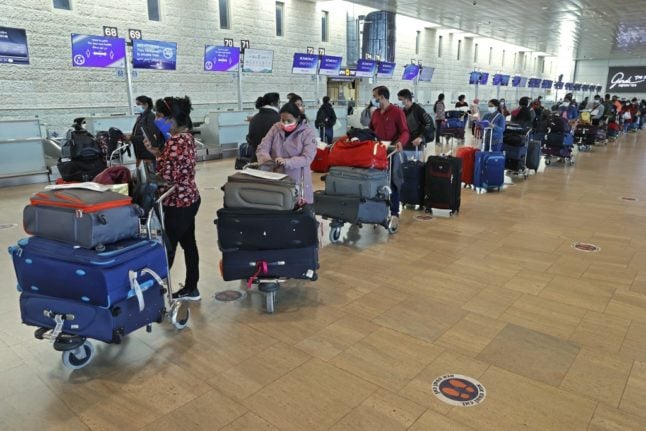Pranab Mukherjee in a debate in parliament on so-called “black money”, however insisted his government would not disclose identities of those who have parked funds in various overseas banks.
“We started two years ago and ultimately it was ratified in October 2011,” he said, referring to a memorandum of understanding inked the same month during a trip to Switzerland by Indian President Pratibha Patil.
The pact aims at tightening cooperation on financial issues by launching a regular dialogue between the two countries.
“It will be effective from the 1st of April (and) we will be getting information and whatever information we get we would like to act on it,” the finance minister said during a lengthy discussion in the elected lower house.
India’s Supreme Court in July ordered a probe into undeclared money in foreign bank accounts, while accusing Mukherjee’s government of “serious lapses” in handling the issue.
The issue of so-called “black money” — funds not reported to the government for tax purposes or parked abroad to avoid tax — is one of the problems that has engulfed Prime Minister Manmohan Singh’s scandal-tainted administration.
Indians had moved out some $500 million from Swiss banks since 2008, according to the Swiss central bank’s figures.
While the Swiss bank has not revealed the reasons behind the flight of money, Indian regulatory officials believe Indians may be moving funds to harder-to-trace accounts in places such as Singapore and Dubai.
Mukherjee, citing bilateral treaties, said his government will not disclose details of information that it has so far obtained or will receive in the future.
“I have got 36,000 pieces of information (but) if I publish it, some country will say ‘you violated the agreement… we cannot share it’,” he said.
“We will dry up our source of information,” Mukherjee argued.




 Please whitelist us to continue reading.
Please whitelist us to continue reading.
Member comments